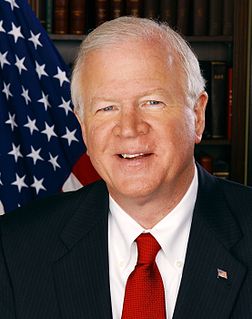A Quote by Arancha Gonzalez
When women are paid for their work and have control over how the money gets spent, they invest much more of their income than men do in their families' education and health.
Related Quotes
When women earn the money for the family, everyone in the family benefits. We also know that when women have an income, everyone wins because women dedicate 90% of the income to health, education, to food security, to the children, to the family, or to the community, so when women have an income, everybody wins.
In addition to being an economic security issue, the failure to pay women a salary that's equal to men for equal work is also a women's health issue. The fact is that the salary women are paid directly impacts the type of health care services they are able to access for both themselves and their families.
There is no tool for development more effective than the education of girls and the empowerment of women... When women are fully involved, the benefits can be seen immediately: families are healthier; they are better fed; their income, savings, and reinvestment go up. And what is true of families is true of communities and, eventually, whole countries.
Women need the education and training, particularly since more and more women are heads of their households, as much or more than anybody else...And it's hard for them to leave their families when they don't have somebody to take care of them....It's a vicious cycle that's affecting women, particularly in a part of the country like this, where mining is the mainstay; traditionally, women have not gone into that line of work, to say the least.
Money is one form of power. But what is more powerful is financial education. Money comes and goes, but if you have the education about how money works, you gain power over it and can begin building wealth. The reason positive thinking alone does not work is because most people went to school and never learned how money works, so they spend their lives working for money.
The point is that families today are spending their money no more foolishly than their parents did. And yet they're five times more likely to go bankrupt, and three times more likely to lose their homes. Families are going broke on the basics - housing, health insurance, and education. These are the kind of bills that you can't just trim around the edges in the event of a downturn.




































